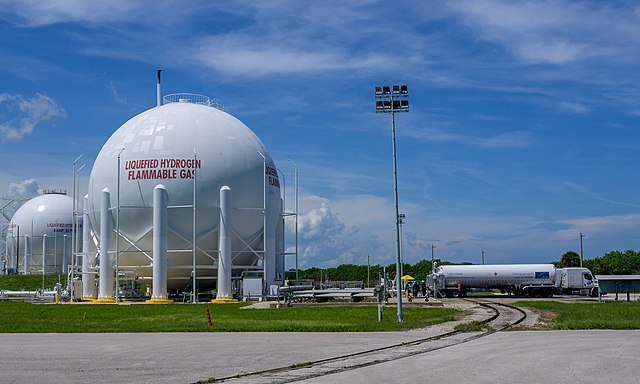
In light of news of the Exeter H2 Hub being built in East Devon, the question of why it has taken so long for countries to adopt hydrogen fuel into key industries is raised.
Hydrogen fuel is claimed to be one of the most environmentally friendly and cleanest fuels, with many countries including the UK aiming to be leading producers of hydrogen. It offers ways of decarbonising industries, including the transport sector, where emphasis on hydrogen fuel to power long-haul vehicles and cars is highlighted. Despite this, the UK has fallen to 8th in the race for hydrogen production, and whilst they have doubled their targets, they lack clear interventions for a cost-effective solution to hydrogen production. Furthermore, despite claims to be making headway in the transport industry, there are only two models of hydrogen cars, and only 7000 hydrogen-powered cars on the road in the US, with only 300 in the UK.
We may question why hydrogen fuel is lacking in key industries, when it is claimed to be so clean and in high demand. The lack of pure hydrogen, and the requirements for the process of electrolysis to extract it is perhaps the most significant reason for this. Electrolysis is powered by coal or gas, and until there is greater emphasis on the use of other renewables, crucially solar power, the extraction of hydrogen fuel is not ‘green’, and is not as environmentally friendly as claimed. Currently, natural gas accounts for three quarters of annual hydrogen production, and the process of making hydrogen fuel accounts for 830 million tonnes of carbon – the equivalent of the UK and Indonesia’s emissions combined.
Nevertheless, close to home is a significant step forward in the UK’s hydrogen infrastructure, and piloting of the use of fuel within transport industries. The Exeter H2 Hub is supported by our own University’s Centre for Future Clean Mobility. The project will power fuel cell vehicles owned by Wales and West Utilities, helping with the transition into renewable fuels for commercial fleets in the area. The station is focused on encouraging growth of the hydrogen economy locally, and will help WWU to reach its net-zero targets by powering half of its 1300 vehicle fleet with hydrogen fuel.
We expect to deploy hydrogen-fuelled vans at the earliest practicable opportunity
Stephen Offley, WWU fleet manager
With these steps towards adopting hydrogen into industries, and using the plant to trial and pilot hydrogen fuel, the South West of the UK has an opportunity to become a leader in the shift into renewable energy, aiding in the UK’s progress into green hydrogen production.


